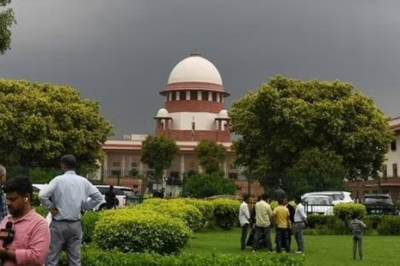
News Summary:
- Atul Kumar, a talented 18-year-old Dalit student, missed his IIT-Dhanbad admission due to a late fee payment.
- The Supreme Court used its special powers to ensure his seat in the electronics engineering program, despite the missed deadline.
- The court acknowledged Atul’s financial hardships, dismissing objections from IIT and granting him hostel facilities.
Why did the Supreme Court step in to help Atul Kumar?
Atul Kumar, a bright young student from a marginalised Dalit family in Uttar Pradesh, had cleared the prestigious IIT entrance exam but lost his seat at IIT-Dhanbad after missing the payment deadline by a few minutes. His family, facing severe financial challenges, managed to borrow the required ₹17,500 but couldn’t pay in time due to the delay. After failed attempts to seek relief in lower courts, Atul approached the Supreme Court, where his case was taken up with urgency.
The court, led by Chief Justice Dhananjaya Y Chandrachud, recognised Atul’s remarkable potential and the immense financial pressures he faced. The bench concluded that a talented student like Atul should not lose such a hard-earned opportunity over financial constraints, invoking Article 142 of the Constitution to grant justice.
What does this decision mean for Atul and his future?
The Supreme Court’s decision to allow Atul admission into IIT-Dhanbad is more than just a legal victory; it represents hope for Atul and his family. With the court ordering IIT-Dhanbad to allocate him a seat and provide hostel facilities, Atul’s academic journey is back on track. His family’s dreams, once derailed, are now restored. This case also highlights the importance of justice in ensuring that no deserving student is left behind due to financial hardships, offering Atul a second chance to fulfill his ambitions.








































Leave a Reply